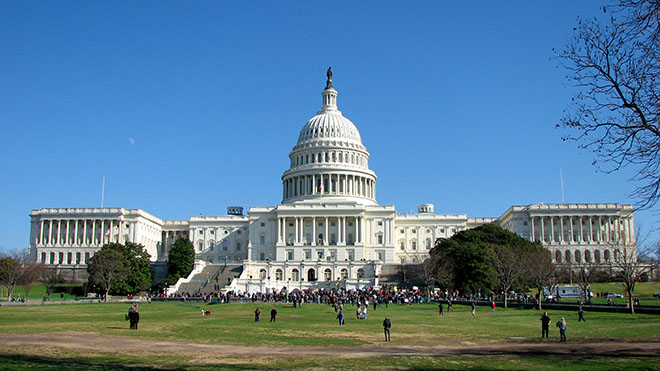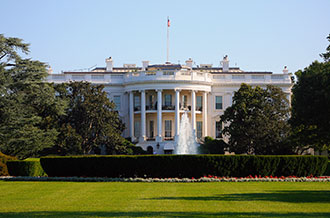Government shut down had little effect on UCC

The first half of October marked the third longest government shutdown in America at 16 days, but what does a “government shutdown” mean, and how has it affected students at UCC?
Charles Young, professor of political science, defined the government shutdown as “the closing of government services and funded programs, and the furloughing of other personnel involved, due to a lack of funding from Congress.”
Rick Aman, Vice President of Student Services, assures students that the government shutdown had no dramatic effect on UCC’s operations. “The beauty of a community college is that they don’t rely heavily on federal funding,” said Aman, “Instead, most of our funding comes from the state, from tuition and from property taxes—meaning that UCC, and other community colleges, run largely independent of the federal government.”
“The beauty of a community college is that they don’t rely heavily on federal funding.”
—Rick Aman
Vice President of Student Services
Fortunately, due to the “timing of the [government shutdown], student financial aid was unaffected,” said Aman, because the federal aid was already in the bank before the shutdown occurred, no student’s financial aid was affected by the shutdown. The only way a government shutdown would affect financial aid is if it were to happen during the time frame that the school would normally receive financial aid for its students.
“The majority of the school would run normally, but federal grants might take longer to process or just not be available,” Aman said about how a long-term shutdown might affect us, and “By the time the government shutdown trickled far enough down the lines to reach UCC we’d have much bigger problems to worry about.”
The government shutdown, which the White House expected to cost approximately $10 billion a week, according to White House blogger Megan Slack, had little effect on the students and operations at the UCC.
Young offered advice for preventing future government shutdowns.
“The best way to avoid this happening again in my opinion would be to elect representatives to Congress who truly represent the needs of the people,” Young said, “rather than representatives who only narrow-mindedly focus on perceived needs of their political party.”

The state of excessive partisanship in politics has been a topic of nationwide debate.
“The extreme partisanship seen in Washington in the recent years is very damaging to the health of our democracy and is most certainly not in the majority of our people’s interest,” said Young. “Extreme ideological position has so replaced compromise for the public good, for the ‘commonwealth,’ that I believe our hope for better governance lies in the rising number of independents (now over 40 percent and growing) who are beginning organized efforts to achieve a post-partisan world where representatives truly respond to the needs ‘of the people.’”
Independent activists have pushed to reform government in order to resolve these issues.
“Specifics of these reform efforts include gaining open primaries in all the states and replacing party controlled gerrymandering (drawing electoral district lines in ways to guarantee victory for your party candidate) with neutral citizen commissions redrawing such lines after every 10 year census,” said Young.
A government shutdown may not directly affect UCC operations, but the effects on the economy are still malignant and Professor Young has said that different priorities need to be considered when electing future representatives.
